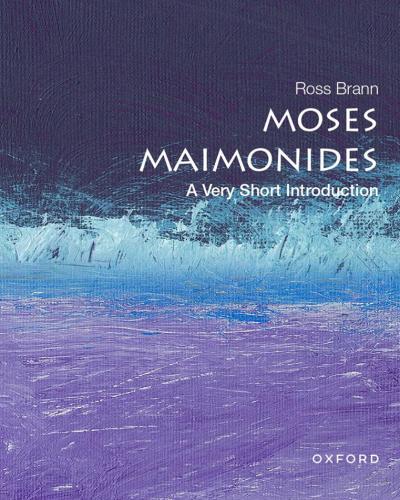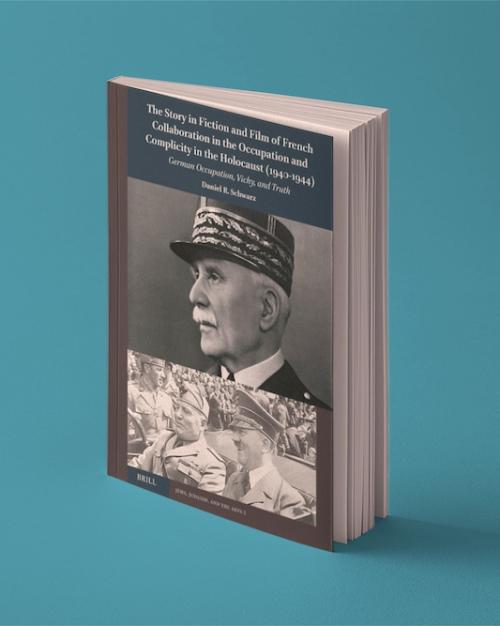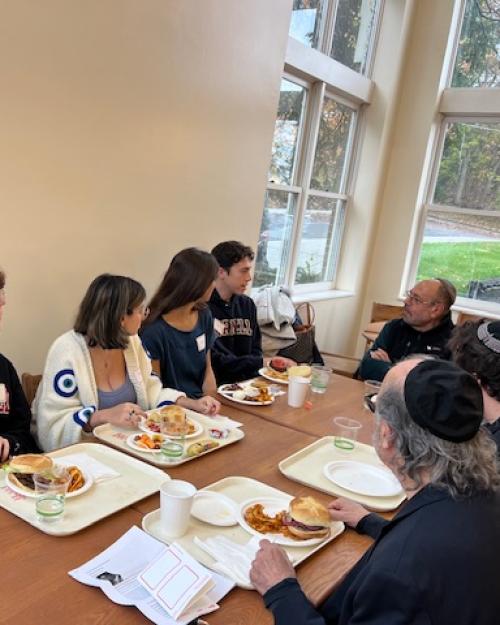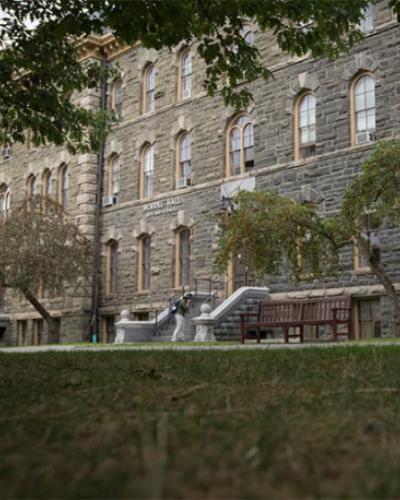A selection of JWST courses offered in Spring 2020. See the complete list of course offerings.
Elementary Yiddish II (JWST 1777)
2 credits. W 7:30am - 9:25am
D. Forman
Imagining the Holocaust (JWST 2580)
4 credits. MW 8:40am - 9:55am
How is the memory of the Holocaust kept alive by means of the literary and visual imagination? Within the historical context of the Holocaust and how and why it occurred, we shall examine major and widely read Holocaust narratives that have shaped the way we understand and respond to the Holocaust. We also study ethical and psychological issues about how and why people behave in dire circumstances. We shall begin with first-person reminiscences—Wiesel's Night, Levi's Survival at Auschwitz, and The Diary of Anne Frank—before turning to realistic fictions such as Kineally's Schindler's List (and Spielberg's film), Kertesz's Fateless, Kosinski's The Painted Bird, and Ozick's "The Shawl." We shall also read the mythopoeic vision of Schwarz-Bart's The Last of the Just, the illuminating distortions of Epstein's King of the Jews, the Kafkaesque parable of Appelfeld's Badenheim 1939, and the fantastic cartoons of Spiegelman's Maus books.
The Lower East Side: Jews and the Immigrant City (JWST 4533)
4 credits. T 2:30 - 4:25
American Jews have frequently been touted as a "model minority." This course will take a more critical look at the historical interactions between Jewish immigration, United States industrialization, and processes of social and geographical mobility—all through the prism of New York's Lower East Side, first home for over 750,000 Jewish immigrants from Central and Eastern Europe, the Ottoman Empire and elsewhere between the mid-19th century and the 1920s. We will compare the Jewish experience to that of other immigrants/migrants by considering social institutions as well as material and other cultural practices. We will examine interactions with the built environment —most especially the tenement—in Lower East Side culture. Special attention will be paid to immigrant labor movement politics including strikes, splits, and gender in the garment trade. From the perspective of the present, the course will examine how commemoration, heritage tourism and the selling of [immigrant] history intersect with gentrifying real estate in an "iconic" New York City neighborhood. Projects using the ILR's archives on the Triangle Fire and other topics are explicitly encouraged. This course counts as an out of college elective for B. Arch and M. Arch students.
Tradition and Modernity: The Jewish Case and Beyond (JWST 4649)
4 credits. W 2:30 - 4:25
The concept of tradition often takes a back seat to modernity, but what does it mean to be part of a tradition? How does tradition revitalize and challenge received views and stimulate individual talent? This course explores three diverse bodies of material: twentieth-century Yiddish poetry and prose; ancient Jewish literature; and mid-twentieth-century German theology, philosophy, and criticism (by both Jews and Christians). As these thinkers reflect on their intellectual and poetic traditions, we will explore tradition as a source of collective energy in spite-and sometimes because-of the constraints that it places upon self-expression. Tradition as a source of creativity is a strong theme in Jewish culture but has implications for other fields.
Walter Benjamin (JWST 4913)
4 credits. T 2:30 - 4:25
This extraordinary figure died in 1941, and his death is emblematic of the intellectual depredations of Nazism. Yet since World War II, his influence, his reputation, and his fascination for scholars in a wide range of cultural and political disciplines has steadily grown. He is seen as a bridging figure between German and Jewish studies, between materialist critique of culture and the submerged yet powerful voice of theology, between literary history and philosophy. We will review Benjamin's life and some of the key disputes over his heritage; read some of the best-known of his essays; and devote significant time to his enigmatic and enormously rich masterwork, the Arcades Project, concluding with consideration of the relevance of Benjamin's insights for cultural and political dilemmas today.





